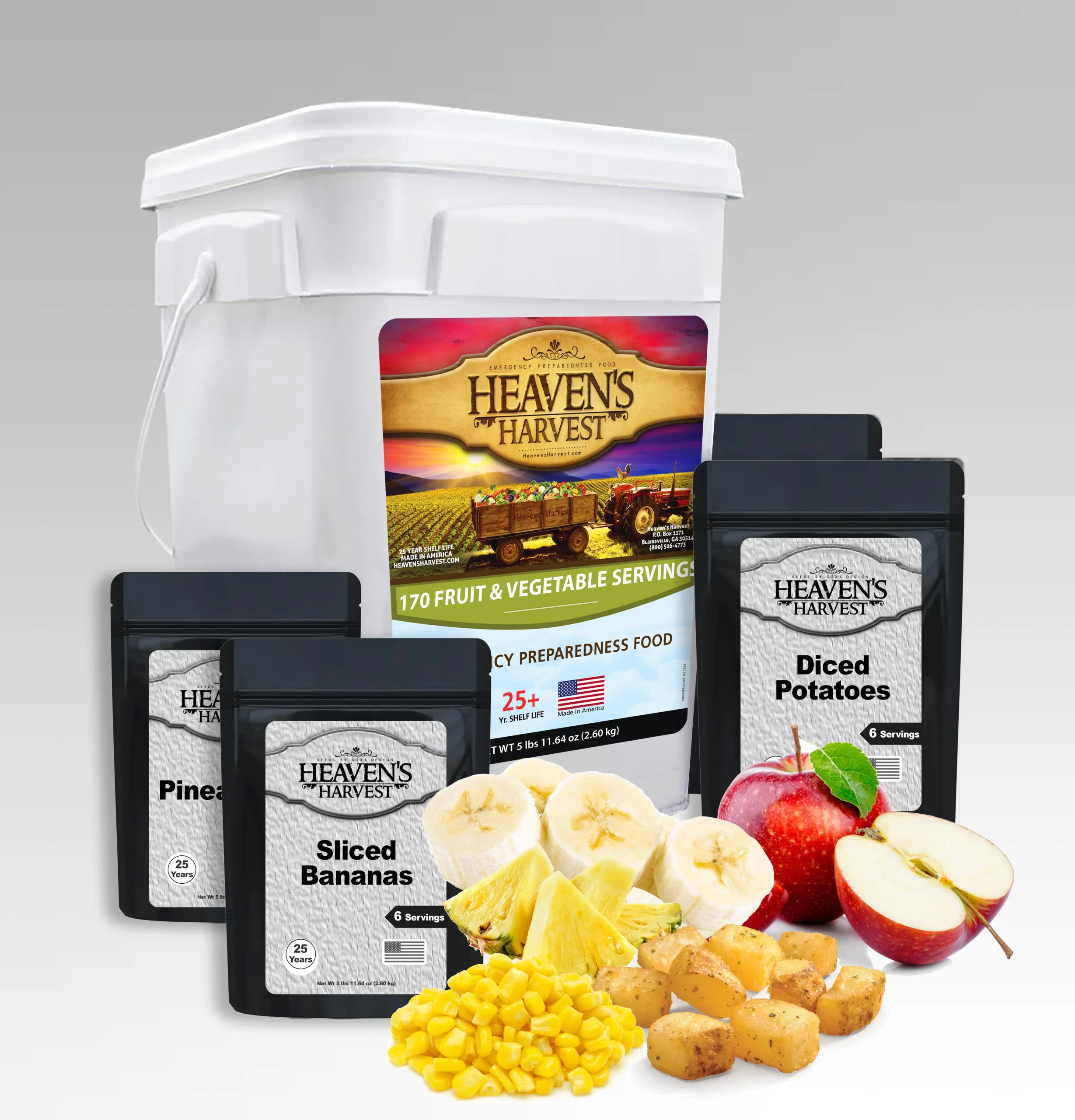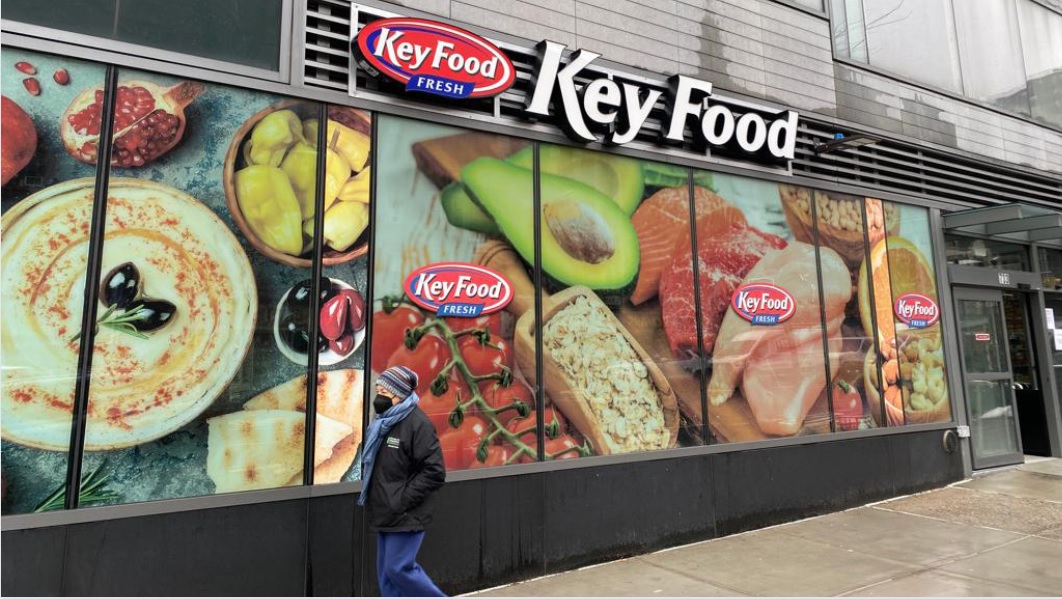Table of Contents
In recent news, Newly Weds Foods Recall has issued a recall on several of its products due to potential contamination concerns.
This recall has raised alarm among consumers who rely on these products for their daily meals. As experts in the food industry, it is crucial to provide information on the recall incident, types of foods affected, diseases that can result from consumption and steps consumers can take to ensure their safety.
Definition of Newly Weds Foods Recall

Newly Weds Foods is a well-known company that specializes in providing a wide range of food products to consumers. From seasoning blends to various food coatings, Newly Weds Foods has been a trusted brand in the industry for many years. However, the recent recall has shed light on the importance of stringent quality control measures to prevent contamination and ensure consumer safety.
Overview of the Recall Incident:
The recall incident involving the Newly Weds Foods Recall has been linked to the potential contamination of certain food products. This contamination can result from various factors, such as improper handling, storage, or packaging of the products. As a result, consumers are at risk of ingesting harmful pathogens that can lead to serious health issues. Get More Info Food.
Details of the Newly Weds Foods Recall:

Types of Foods Affected:
The recall by Newly Weds Foods Recall has impacted a variety of products, including seasoning blends, breading, and coatings used in the preparation of meats, seafood, and other food items. Consumers who have purchased these products are urged to check the packaging for specific information regarding the recall.
Reasons for the Recall:
The recall of Newly Weds Foods products is due to the potential presence of harmful bacteria, such as Salmonella, E. Coli, and Listeria. These pathogens can cause foodborne illnesses and pose a significant risk to consumers’ health. Consumers need to be aware of the potential risks associated with consuming contaminated food products.
Implications for Consumers:
Consumers who have purchased Newly Weds Foods products that are part of the recall are advised to dispose of the items immediately. Consuming contaminated food can lead to severe health issues, including nausea, vomiting, diarrhea, and in some cases, even hospitalization. Consumers must prioritize their health and safety by avoiding products that may be affected by the recall.
Diseases from Newly Weds Foods Recall:

Common Foodborne Illnesses:
Salmonella:
Salmonella is a bacterial infection that can cause symptoms such as fever, diarrhea, and abdominal cramps. In severe cases, salmonella can lead to dehydration and require medical attention. Consumers need to be cautious when consuming food products that may be contaminated with this bacterium.
E. Coli:
E. Coli is another bacteria commonly associated with foodborne illnesses. Symptoms of E. Coli infection include stomach cramps, diarrhea, and vomiting. In some cases, E. Coli can lead to more severe complications, such as kidney failure. Consumers should be vigilant in identifying products that may contain this harmful bacterium.
Listeria:
Listeria is a bacterium that can lead to a serious infection known as listeriosis. Symptoms of listeriosis include fever, muscle aches, and nausea. In severe cases, listeria can cause meningitis and even be fatal. Consumers must take precautions to avoid consuming products that may be contaminated with Listeria.
Symptoms and Health Risks:
Consumers who have consumed contaminated Newly Weds Foods products may experience symptoms such as nausea, vomiting, diarrhea, and abdominal pain. In severe cases, these symptoms can escalate to more serious health issues that require medical attention. Consumers must be aware of the potential risks associated with foodborne illnesses and take necessary precautions to protect their health.
How to Identify Contaminated Newly Weds Foods:
Expiry Dates:
Check the expiry dates on Newly Weds Foods products to ensure that they have not expired. Consuming expired products can increase the risk of contamination and lead to foodborne illnesses.
Packaging Codes:
Look for specific packaging codes provided by Newly Weds Foods to identify products that are part of the recall. Consumers should compare the codes on the packaging with the list provided by the company to determine if their products are affected.
Physical Signs of Spoilage:
Inspect the products for any signs of spoilage, such as unusual odor, discoloration, or mold. These physical indicators can help consumers identify contaminated products and avoid consuming them.
Ensuring the Health of Newly Weds Foods:

Regulatory Measures:
Regulatory bodies such as the Food and Drug Administration (FDA) play a crucial role in monitoring food safety standards and issuing recalls when necessary. Consumers can rely on these agencies to provide information on potentially contaminated products and take appropriate action to protect their health.
Quality Control Procedures:
Food manufacturers, including Newly Weds Foods, must adhere to strict quality control procedures to prevent contamination and ensure consumer safety. Regular inspections, testing, and monitoring of production processes are essential to maintain high standards of food safety.
Safe Handling and Preparation Tips:
Consumers can also take steps to ensure the safety of Newly Weds Foods Recall products by following safe handling and preparation tips. This includes proper storage of products, thorough cooking of meats, and avoiding cross-contamination between raw and cooked foods. By following these guidelines, consumers can reduce the risk of foodborne illnesses and protect their health.
Availability of Newly Weds Foods Recall

Locations Sold:
Newly Weds Foods Recall products are sold in various locations, including grocery stores, supermarkets, and online retailers. Consumers should check with their local stores to determine if the products they have purchased are part of the recall.
Distribution Channels:
The distribution channels for Newly Weds Foods Recall products include wholesalers, distributors, and retailers. All stakeholders in the supply chain need to be vigilant in identifying and removing contaminated products to prevent the further spread of harmful pathogens.
Consumer Recommendations and Actions:
Consumers who have purchased Newly Weds Foods Recall products that are part of the recall should take immediate action to dispose of the items. It is important to follow the guidelines provided by the company and regulatory agencies to ensure the safety of consumers. Additionally, consumers can contact Newly Weds Foods for more information on the recall and receive guidance on the next steps. See More Info Recipes.
Final Thoughts
The recall of Newly Weds Foods Recall products highlights the importance of food safety and quality control in the industry. Consumers must be cautious when purchasing and consuming food products to protect their health and well-being. By following the recommended guidelines and taking necessary precautions, consumers can minimize the risk of foodborne illnesses and ensure their safety. All stakeholders in the food industry must work together to maintain high standards of safety and provide consumers with products that meet regulatory requirements.
Recap of Key Points:
FAQs:
What foods have the most recalls?
Foods prone to recalls include produce, meats, dairy, and processed items like canned goods and packaged snacks. Items susceptible to contamination or improper handling often lead to recalls.
What is recalled food?
Recalled food refers to products withdrawn from the market due to safety concerns. This could be due to contamination, mislabeling, or other issues compromising consumer health.
What was the worst food recall?
The severity of food recalls varies, but notable cases include large-scale outbreaks like the 2006 spinach E. coli contamination or the 2018 romaine lettuce recall. These incidents underscore the importance of stringent food safety protocols and swift response measures



